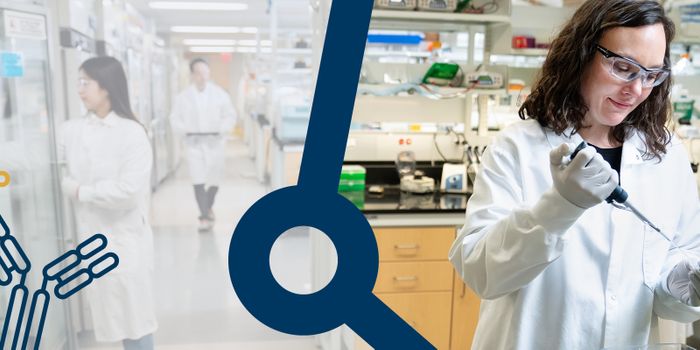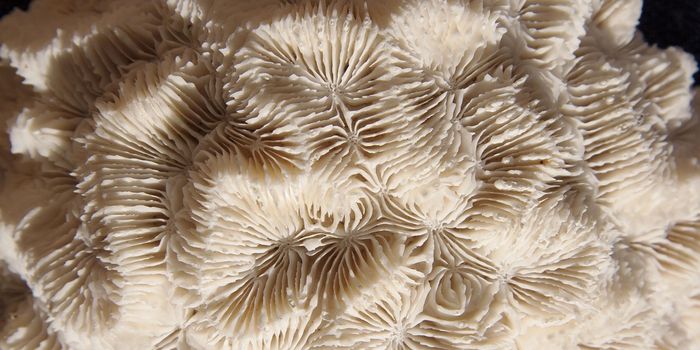Alcohol Harms Stem Cell DNA, Increases Cancer Risk
Alcohol can have several negative effects on our bodies, particularly when imbued in large quantities, including damaging our livers, straining our hearts, weakening our immune systems and increasing our risk for cancer. A new study in the journal Nature from the Medical Research Council Laboratory of Molecular Biology at Cambridge University shows that one of the primary ways drinking alcohol increases the likelihood of developing cancer is through causing damage to human stem cells.
“This paper provides very strong evidence that an alcohol metabolite causes DNA damage [including] to the all-important stem cells that go on to make tissues,” Lead Author and Professor Ketan Patel says.
When the body breaks down alcohol, a chemical called acetaldehyde is produced, which is known to be damaging to cell DNA. It can cause mistakes and clumps in DNA as well as chromosome rearrangements, all of which can lead to cancer. If the level of alcohol consumed is low, the body can usually break down most of the acetaldehyde into a less toxic, energy-rich byproduct called acetate – some heavy drinkers get a temporary and probably addictive boost in brain function from acetate surging in their bodies. However, the body can fall behind or become overwhelmed with the amount of acetaldehyde it must break down, particularly with high levels of alcohol consumption. When the body struggles to break down alcohol in the liver, where most metabolism takes place, as well as in the secondary metabolizing tissues of the pancreas, brain and gastrointestinal tract, all of these areas can be damaged.
Along with the ability to break down the acetaldehyde, the body has a second line of defense: repairing the acetaldehyde-damaged DNA. However, both of these processes are imperfect and subject to dangerous failures. Some people have a genetic deficiency in aldehyde dehydrogenase 2 (ALDH2), an enzyme that can prevent harmful buildups of acetaldehyde. This condition puts them at greater risk for alcohol-related cell damage and is most common in people of East Asian ancestry. Also, even for people with more of this helpful enzyme, the DNA-repair process does not always work.
“DNA damage leads to cell death, if unchecked, but it also triggers mechanisms that act to repair the broken DNA, allowing the cells to survive. However, if the DNA is repaired incorrectly this can lead to cancer,” Group Leader at the Francis Crick Biomedical Institute and Professor Robin Lovell-Badge says. Similarly, Patel explains “it’s important to remember that alcohol clearance and DNA repair systems are not perfect, and alcohol can still cause cancer in different ways, even in people whose defense mechanisms are intact.”
Patel and his colleagues focused on stem cells within the blood of mice in their research. Blood stem cells are responsible for producing new supplies of blood during an entire lifetime. When they disabled the mice’s two possible defenses against acetaldehyde, the stem cells’ DNA became increasingly damaged and the cells completely stopped working.
The scientists think the effects they observed could be similar in other cell types and now want to explore why drinking is more likely to cause certain cancers, according to The Guardian.








